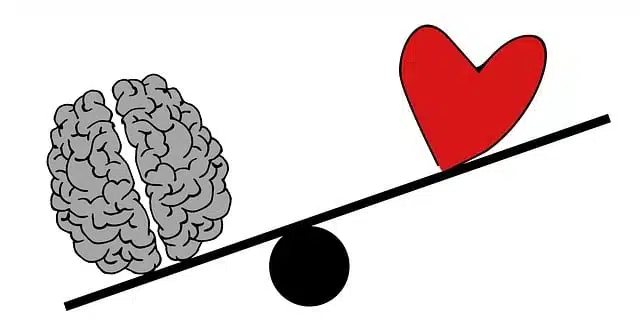
Rationality is the faculty that makes the use of reason possible.
The Latin word rationalĭtas came into our language as rationality . This is what the condition of rational is called: that which belongs to reason or that is in accordance with it.
It can be said that the notion of rationality is associated with the faculty of reflecting, understanding, thinking or creating. Typically, this ability is linked to understanding .
What is rationality
Rationality can be seen in beliefs and in practice . In the first case, rationality has to do with the intellectual mechanism that allows rational beliefs to be increased and erroneous beliefs to be minimized. In other words: appealing to rationality, a subject accumulates reasons, motives or arguments to believe in the veracity or validity of something.
As for rationality in practice, it involves the development of reasoning that makes it possible to determine the appropriate means to achieve an end.
It can be stated that, thanks to rationality, an individual can use reasons to demonstrate or explain an event . He is also able to reach a conclusion by organizing ideas .

Rationality is important when making decisions.
Decision making
Rationality, as the faculty of using reason, allows a person to study what is the best way to achieve an objective . In this way, you can base your decisions on the result of this thinking.
It is interesting to note that the rationality of the human being is the result of the evolution of the species . Thanks to certain brain mechanisms, Homo sapiens began to develop established behaviors in information processing, the use of memory and perception.
Rationality, however, is not the same in all members of our species or in all moments of life. A 3-year-old child, a woman with schizophrenia, and an elderly person suffering from Alzheimer's disease do not behave rationally, so they do not have the same responsibility for their actions as someone who is entitled to adopt behavior in accordance with principles. of reason .
Beyond rationality
It must be taken into account that man does not always act rationally. There are other resources and procedures for making decisions that have nothing to do with reason.
Many times people behave according to what their emotions dictate. Suppose a soccer player is alone in front of the rival goalkeeper, with the ball at his feet and a few meters from the goal. Despite this favorable situation, he fails to score. While he laments the wasted opportunity, a supporter of his team begins to insult him and even throws a projectile at him , furious at what happened. Clearly, this reaction is not part of rationality: the athlete did not intend to make a mistake on purpose nor did he want to harm his team, so getting angry with him lacks logic. Of course, lack of respect and aggression do not have, in any context, a rational justification.
Let us now take the case of a man who suffers from chronic obstructive pulmonary disease ( COPD ) due to smoking . Although he has no intention of dying or desire to suffer and understands that if he continues smoking his health will worsen, he maintains the habit. This subject, due to his addiction, is incapable of acting rationally and controlling his behavior.
